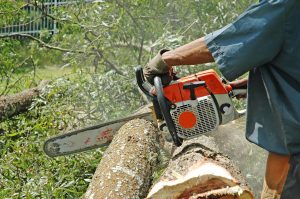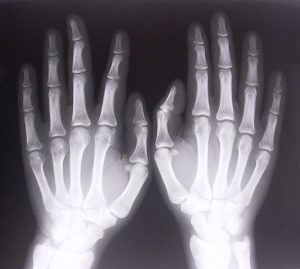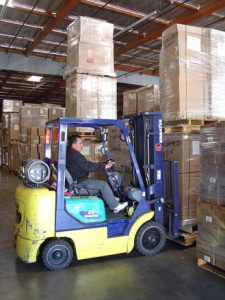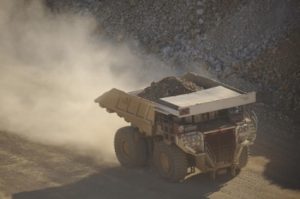When we think of workplace injuries in terms of Boston workers’ compensation cases, we are generally dealing with some type of accident. In many cases, it is simply an accident that was not anyone’s fault. In some cases, the accident is actually the result of an employer’s negligence. There is really is no distinction with respect to workers’ compensation cases because Chapter 152 of the Massachusetts General Laws (M.G.L) established a no-fault system. There is however, a third category of workplace injuries where one worker is physically assaulted by an other employee, customer, or third-party criminal.
 These situations happen more frequently than you might assume. There are a lot of assaults between employees in jobs in Boston and across the nation. While there are the high profile cases involving active shooter situations that occur from time to time, we are generally talking about one worker punching another. Contrary to what many people think and see in the movies, a single punch can result in serious injury or even death. Continue reading
These situations happen more frequently than you might assume. There are a lot of assaults between employees in jobs in Boston and across the nation. While there are the high profile cases involving active shooter situations that occur from time to time, we are generally talking about one worker punching another. Contrary to what many people think and see in the movies, a single punch can result in serious injury or even death. Continue reading
 Massachusetts Workers Compensation Lawyers Blog
Massachusetts Workers Compensation Lawyers Blog











